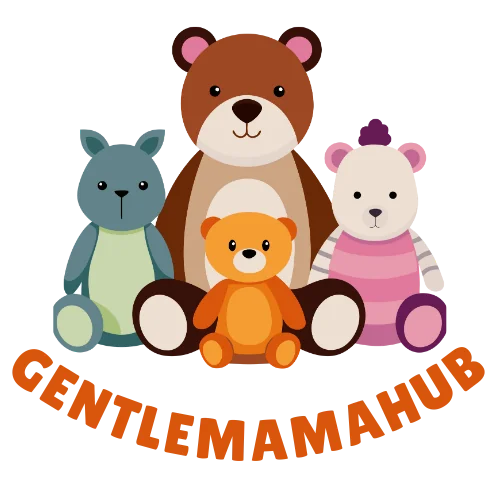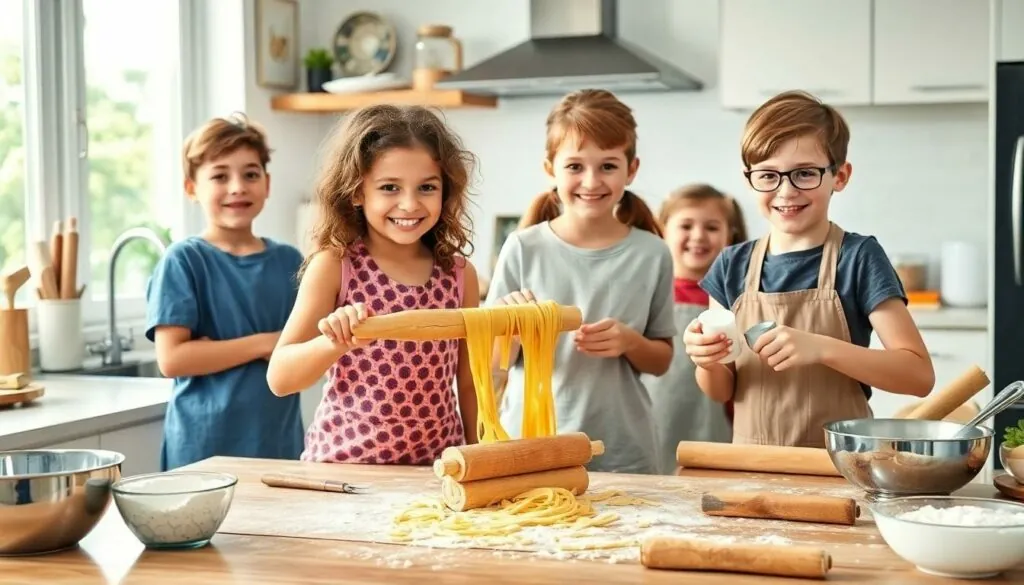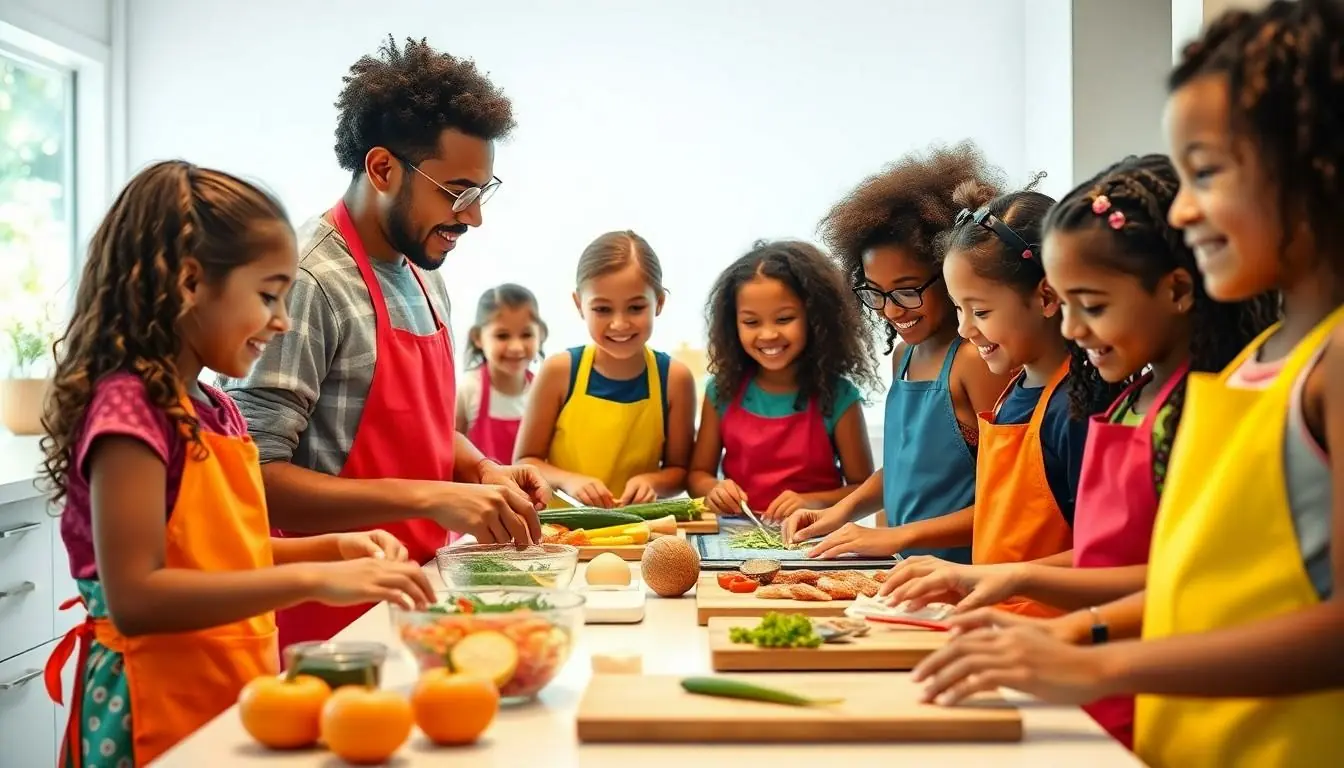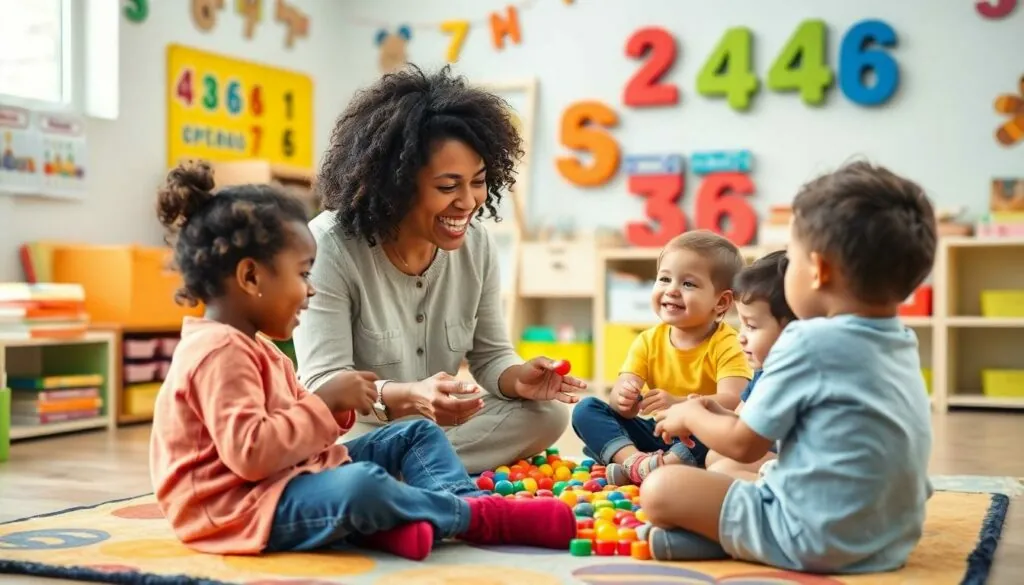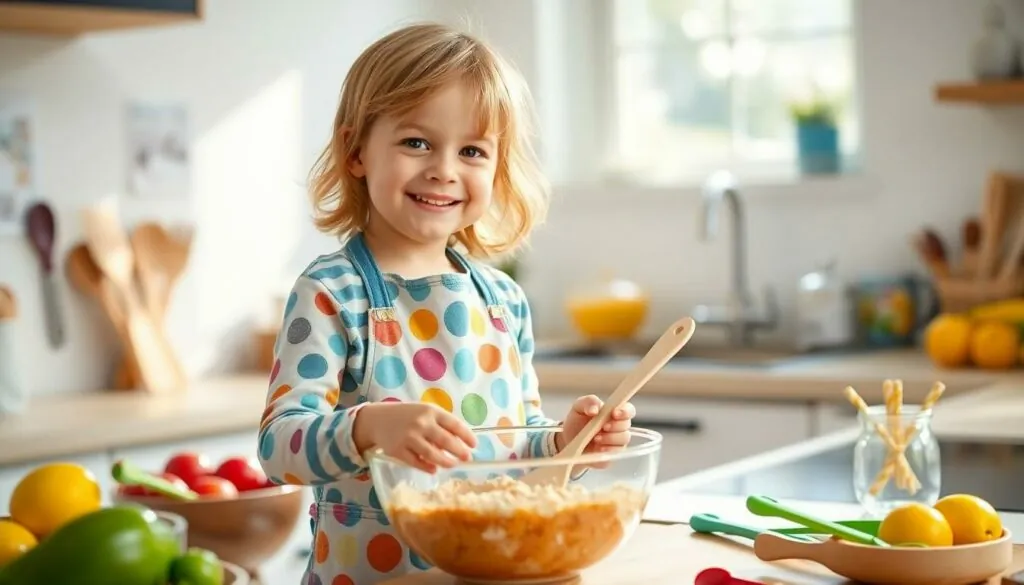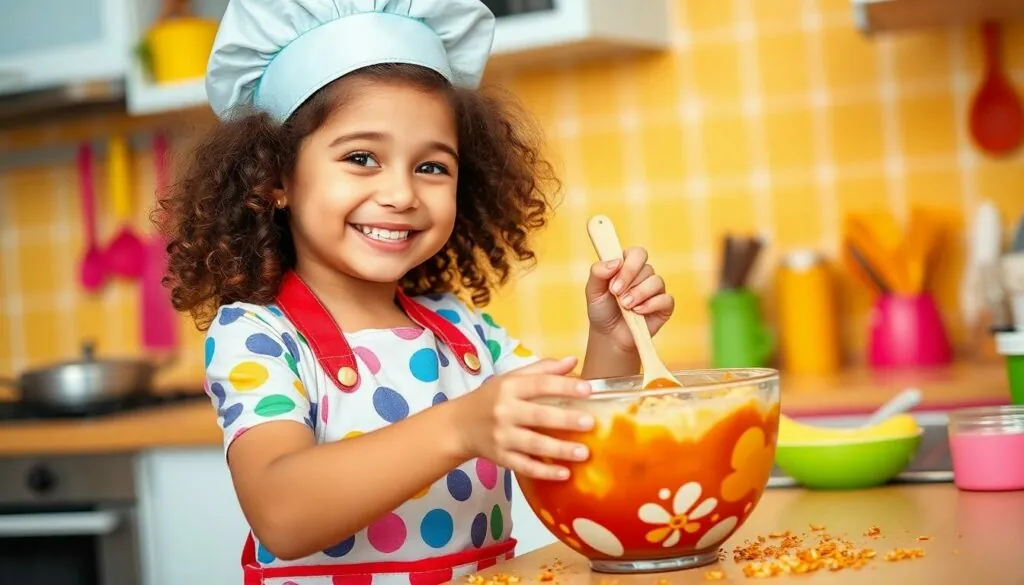Table of Contents
ToggleSummer break doesn’t have to mean endless hours of video games and screen time. Instead imagine young chefs-in-training learning to whip up delicious meals while having a blast in the kitchen. Summer cooking classes for kids offer the perfect blend of education and entertainment turning ordinary days into culinary adventures.
These hands-on programs teach children more than just basic kitchen skills. They’re discovering the science behind baking measuring ingredients solving problems and building confidence through creating their own masterpieces. From making homemade pasta to decorating cupcakes kids learn valuable life skills while developing a healthy relationship with food.
Why Kids Should Learn to Cook During Summer Break
Summer break offers 8-12 weeks of unstructured time for children to master essential cooking skills. Kids who learn to cook during summer develop independence in food preparation by practicing techniques like chopping vegetables mixing ingredients measuring portions.
Learning to cook during summer vacation connects directly to academic subjects:
- Math skills improve through measuring ingredients converting recipe quantities
- Science concepts emerge in chemical reactions like baking soda volcanoes rising bread
- Reading comprehension strengthens by following multi-step recipe instructions
- Geography knowledge expands through exploring international cuisines recipes
Summer cooking activities promote healthy eating habits:
- Kids become more willing to try new foods they’ve prepared themselves
- Understanding nutritional values helps make better food choices
- Learning portion control develops naturally through meal preparation
- Fresh seasonal ingredients introduce variety into their diet
The relaxed summer schedule allows for:
- Extended hands-on practice without homework time constraints
- Multiple attempts at perfecting techniques recipes
- Creative experimentation with ingredients flavors
- Family meal planning participation cooking involvement
- Collaboration skills develop during group cooking projects
- Communication improves through recipe sharing discussion
- Cultural awareness grows by exploring diverse culinary traditions
- Self-confidence builds with each successful dish creation
| Skill Development | Percentage of Kids Showing Improvement |
|---|---|
| Kitchen Safety | 92% |
| Math Skills | 85% |
| Reading Skills | 78% |
| Nutrition Knowledge | 89% |
Popular Types of Summer Cooking Classes for Children
Summer cooking programs offer diverse learning formats tailored to different age groups preferences schedules. These specialized culinary education options accommodate various learning styles comfort levels.
In-Person Cooking Camps
Traditional cooking camps provide immersive hands-on experiences in professional kitchen settings. Children ages 7-14 participate in 5-day sessions lasting 3-4 hours each day guided by certified culinary instructors. The curriculum includes kitchen safety basics recipe reading ingredient measuring knife skills food hygiene. Students create complete meals from scratch including international dishes baked goods seasonal recipes. Group sizes typically range from 8-12 kids ensuring individual attention while fostering teamwork social interaction.
Virtual Cooking Classes
Online cooking classes connect young chefs with instructors through live streaming platforms from home kitchens. Sessions run 60-90 minutes with class sizes limited to 6-8 participants for optimal interaction. The format includes pre-class ingredient lists equipment setup guidance real-time demonstration interactive Q&A segments. Parents assist with supervision while children follow step-by-step instructions to create age-appropriate recipes. Popular themes include breakfast basics dessert decorating global cuisine exploration healthy snack preparation.
Private Lessons
One-on-one instruction offers personalized attention customized learning paths flexible scheduling options. Lessons typically last 2 hours occurring weekly or bi-weekly based on family preferences. Instructors assess skill levels design progressive lesson plans address specific dietary requirements food allergies. The curriculum adapts to individual learning speeds interests covering fundamental techniques advanced skills specialty dishes. Private sessions accommodate unique learning needs while building confidence through focused mentorship structured feedback.
Essential Skills Kids Learn in Cooking Classes
Cooking classes equip children with practical life skills that extend beyond the kitchen. These specialized programs focus on age-appropriate techniques that build confidence and competence in food preparation.
Kitchen Safety and Hygiene
Professional instructors teach children essential safety protocols for handling kitchen equipment. Students learn proper hand washing techniques, food storage temperatures and safe knife handling skills. The classes emphasize clean workspace maintenance through organized mise en place setups. Kids master safe appliance operation including stovetop controls, oven mitts usage and electrical equipment handling. Food safety education covers cross-contamination prevention, appropriate cooking temperatures and proper ingredient storage methods.
Basic Cooking Techniques
Kids develop fundamental cooking methods through hands-on practice with kitchen tools. Students learn measuring techniques using cups, spoons and kitchen scales for accurate recipe execution. The curriculum covers knife skills from basic vegetable chopping to advanced dicing methods. Children practice essential techniques like sautéing vegetables, boiling pasta and beating egg whites to soft peaks. Recipe reading comprehension improves as students follow step-by-step instructions independently. Core skills include whisking, folding, kneading dough and proper seasoning methods for enhancing flavors. Classes incorporate time management strategies for coordinating multiple recipe components.
Benefits of Enrolling Kids in Summer Cooking Programs
Summer cooking programs create lasting impacts on children’s development through hands-on culinary experiences. These structured programs combine education with entertainment, offering multiple advantages for young participants.
Building Confidence and Independence
Cooking classes empower children to take control of their food preparation journey. Students learn to navigate kitchen tasks independently, from selecting ingredients to plating finished dishes. Young chefs gain mastery over basic cooking techniques like measuring flour for cookies or whisking eggs for omelets. Each successful dish completion boosts their self-esteem. Children demonstrate increased decision-making abilities when choosing recipes, managing time or solving cooking challenges. The skills learned transfer to other areas of life, helping kids become more self-reliant in daily activities. Group cooking activities encourage social interaction, enabling children to share ideas, collaborate on projects and celebrate achievements together.
Developing Healthy Eating Habits
Culinary education programs transform children’s relationship with food through direct engagement. Kids who participate in meal preparation show increased willingness to try new ingredients like quinoa, kale or butternut squash. The hands-on experience of cooking fresh ingredients helps children understand nutrition basics including food groups, portion sizes and balanced meals. Students learn to read nutrition labels, identify whole foods and make healthier snack choices. Cooking classes introduce diverse cuisines, expanding children’s palates beyond familiar foods. Through guided instruction, kids discover the connection between ingredients and their nutritional benefits. The interactive nature of cooking encourages questions about food origins, seasonal produce and sustainable practices.
How to Choose the Right Cooking Class for Your Child
Selecting an appropriate cooking class enhances a child’s learning experience while ensuring safety in the kitchen. Professional instructors tailor activities to match developmental stages creating an engaging environment for young chefs.
Age-Appropriate Programs
Cooking programs divide children into specific age groups to optimize learning outcomes. Classes for ages 5-7 focus on basic kitchen safety hands-on activities like mixing measuring ingredients preparing simple no-cook recipes. Ages 8-10 advance to supervised stovetop cooking knife skills recipe reading comprehension. Programs for ages 11-14 incorporate advanced techniques including meal planning baking chemistry kitchen equipment operation. Each age group receives specialized instruction matching their motor skills cognitive abilities attention spans.
Class Size and Duration
Small class sizes of 6-8 students allow instructors to provide individual attention monitor safety ensure active participation. Beginner classes typically run 60-90 minutes while advanced sessions extend to 2-3 hours. Summer programs offer flexible scheduling options including single-day workshops week-long camps month-long series. Morning sessions accommodate peak energy levels while afternoon classes align with post-lunch focus periods. Multiple time slots enable parents to select optimal learning periods based on their child’s daily routines concentration patterns.
Conclusion
Summer cooking classes offer children an invaluable opportunity to develop essential life skills while having fun in the kitchen. These programs create a perfect blend of education and entertainment that transforms how kids view food preparation and healthy eating habits.
The combination of hands-on experience professional instruction and age-appropriate curriculum helps young chefs build confidence independence and creativity. As they master kitchen basics explore diverse cuisines and learn about nutrition they’re developing skills that will serve them well throughout their lives.
Whether through in-person camps virtual sessions or private lessons summer cooking programs provide a structured yet enjoyable way for kids to discover their culinary potential and establish healthy relationships with food that can last a lifetime.
